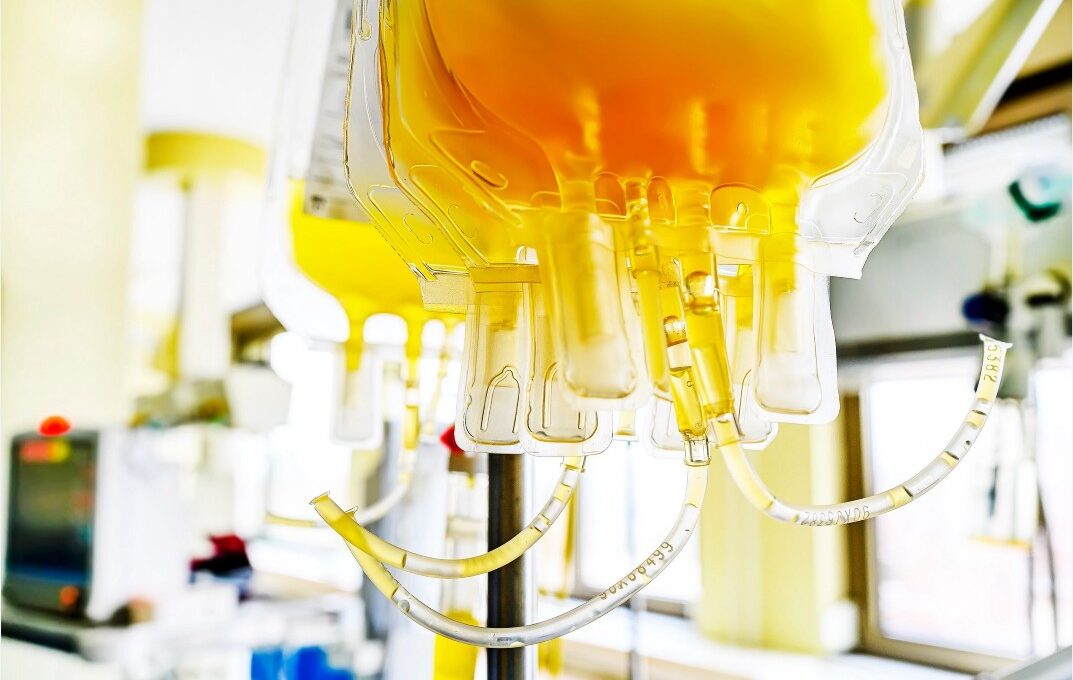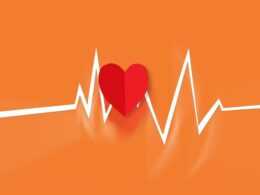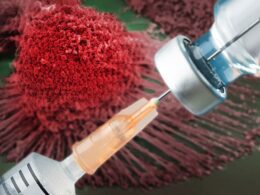Current evidence shows no improvement in survival and other important measures
WHO
December 6, 2021
newsmedical
Convalescent plasma (a transfusion of blood plasma from someone who has recovered from covid-19) is not recommended for patients with covid-19, says a WHO Guideline Development Group of international experts in The BMJ today.
Despite its initial promise, current evidence shows that it does not improve survival nor reduce the need for mechanical ventilation, and it is costly and time-consuming to administer.
As such, the WHO makes a strong recommendation against the use of convalescent plasma in patients with non-severe illness, and a recommendation against its use in patients with severe and critical illness, except in the context of a randomised controlled trial (RCT).
The recommendations are based on evidence from 16 trials involving 16,236 patients with non-severe, severe, and critical covid-19 infection.
They are part of a living guideline, developed by the World Health Organization with the methodological support of MAGIC Evidence Ecosystem Foundation, to provide trustworthy guidance on the management of covid-19 and help doctors make better decisions with their patients.
Living guidelines are useful in fast moving research areas like covid-19 because they allow researchers to update previously vetted and peer reviewed evidence summaries as new information becomes available.
To make their recommendations, the panel considered a combination of evidence assessing relative benefits and harms, values and preferences, and feasibility issues.
The strong recommendation for patients with non-severe illness reflects the panel’s view that drug treatment in patients with a low risk of mortality and other important clinical outcomes is not justified.
And although convalescent plasma should not be used routinely in any patients, regardless of how severely ill they are, the panel acknowledged that there was sufficient uncertainty in patients with severe and critical illness to warrant continuation of RCTs.
They also noted several practical challenges, such as the need to identify and test potential donors, as well as collect, store and administer donor plasma, which they say further limits its feasibility and applicability.
After thoroughly reviewing all the information, the panel judged that almost all well informed patients would choose not to receive convalescent plasma.
Today’s guidance adds to previous recommendations for the use of interleukin-6 receptor blockers and systemic corticosteroids for patients with severe or critical covid-19; conditional recommendations for the use of neutralising monoclonal antibodies in selected patients and against the use of ivermectin and hydroxychloroquine in patients with covid-19 regardless of disease severity.
Rapid Recommendations: A living WHO guideline on drugs for covid-19 Notes for editors
Journal: The BMJ
Link to Academy of Medical Sciences press release labelling system:
http://press.psprings.co.uk/AMSlabels.pdf
Embargoed link to guideline:
http://press.psprings.co.uk/bmj/december/convalescentplasma.pdf
Public link once embargo lifts: https://www.bmj.com/content/370/bmj.m3379
Originally published at https://worldhealthorganization.cmail19.com.












